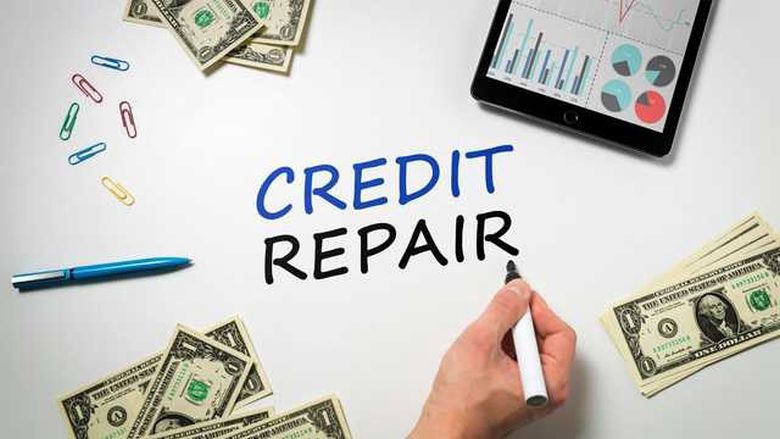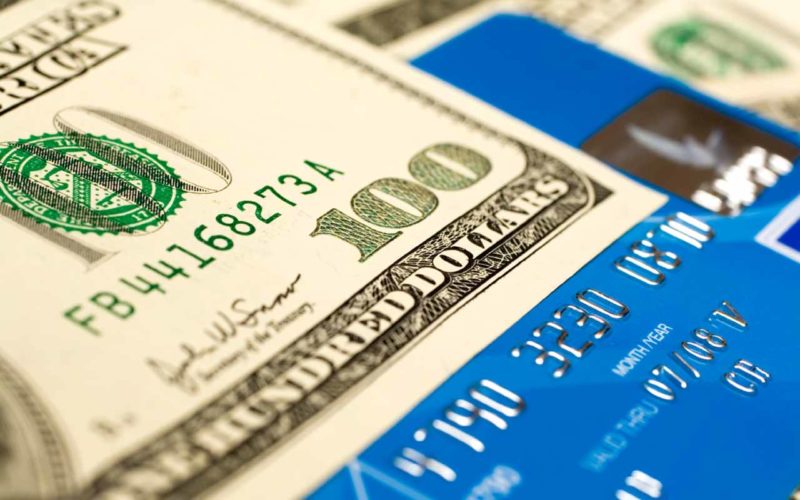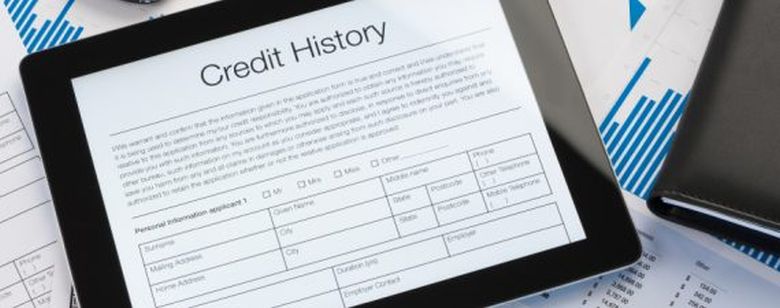Having a less appealing credit can make it difficult for banks, creditors, employers, and landlords to consider you for various financial opportunities. Without a stellar credit score, you may not have access to competitive loan offers such as car loans, mortgage, credit cards, small business loans, personal loans, appliance loans, and the rest.
However, it is not the end of the road, as you can build your credit back up. This would require that you manage and improve your financial lifestyle in such a way that your credit improves at a fast rate. You can either seek the help of a professional credit repair company to fix your credit or you can do it by yourself.
In this article, we will discuss ways you can personally repair your credit. However, before proceeding, you need to know what credit repair means.
What Is Credit Repair?

source:lericashadvanceonlineloan.com
Credit repair is the act of getting rid of negative items on your credit reports that have the tendency to mar the value of your credit and credit score. Such items include bankruptcy, tax lien, charge off, civil judgement or lawsuit, late payments, voluntary surrender, settlement, collections, and many more. Some of these items can be seen on your report after two years, while others extend up to seven years.
Having negative items show your credit in a bad light, making it difficult for creditors to extend credit services to you. Hence, it is important to get rid of them as quickly as you can. However, how can you get rid of them personally?
Repairing Your Credit By Yourself

source:doughroller.net
You need patience and time for your credit to fully recover. To begin with, you need to request your credit report from the three credit report bureaus, namely, TransUnion, Equifax, and Experian. Once you receive your report, analyze it thoroughly to check for discrepancies. The following steps will guide you on how to resolve your credit.
1. Look Out For Negative Items
The easiest place to begin is to check out factors that affect your credit and credit score. These items are listed on your credit report. Watch out for inaccurate information, maxed-out accounts, and late-payment accounts. It is important to note that you can freely receive your credit reports from the credit bureaus once every 12 months.
2. Dispute Any Incorrect Item

source:pxfuel.com
To begin with, check for errors in your financial information. If you find any inaccurate or incomplete data, contact the credit bureaus to have such information changed or removed. These are areas you should look out for:
Paid debts
- Closed accounts that are still documented as ope
- Inaccurate credit limits
- Current accounts that are still reported as past due
- Inaccurate account balance
Instructions on how you can dispute errors are documented on your credit report, which can be forwarded via the phone, mail or online. However, it is recommended that you send your dispute via mails for proper record keeping.

source:pxfuel.com
3. Work On Your Past-Due Accounts
For accounts with late payments of 180 days and less, you can contact your creditor and strike a deal. This can be done via a letter stating how willing you are to pay off your debts in exchange for the removal of late payment from your credit report.
They may be willing to slash a part of your outstanding balance or spread it over a period of time, making it convenient for you to pay. In some cases, your account can be re-aged. If your account shows “Charged-Off”, it would be ideal that you pay it so as to maintain your financial reputation, even though this does not really improve your credit score.
Other ways you can improve your credit is to work on your credit utilization ratio and include new sources of credit like secured credit cards and store cards. You can fix your credit utilization ratio by reducing it to ideally 30% or less. If you would like to know more about credit repair, please click.

source:pxfuel.com
How many accounts do you actually have?
We mentioned earlier the accounts in the ‘Dispute Any Incorrect Item’ section. Removing incorrect information in your financial information is really important, especially when it comes to credit repair.
When it comes to scoring models, one of the very important items that you need to pay attention to and which affects your score is the total amount of debt, as well as the total number of accounts you have as well as the partial debt on each of them.
Having many accounts is not good, especially when you have a debt on each of them. If you are able to do so, it would be great to pay down some of them. Also, after zeroing the balance in the account, the expert recommendations are not to close the account. In this way, you increase your present yourself as a reliable person who duly pays its debts.
Consider credit history

source:pxfuel.com
As we mentioned earlier, keeping accounts open after paying off debt is useful when it comes to scoring models. In many models, the main factors considered are the average age of all accounts opened at that time, as well as the age of the first open account, or the oldest one.
That means it would be good to keep an account with no more debt open. However, this is a general case. It doesn’t have to mean that it can apply to your special case. If leaving your account open can cause other costs and problems, it may be better to close it, even if it would improve your score.
Be careful with new accounts

source:pxfuel.com
So, in some cases, more accounts with debt repayments can be a very favorable situation for improving your credit score. However, do not open too many accounts, especially not new accounts. We will consider one practical example. Imagine being a lender. You need to lend money to a person who has opened several accounts and lent money within a relatively short period of time. No doubt this seems very risky and doubtful to you.
When you need car loans or mortgage, this can be a crucial factor. Quite a lot of scoring models often consider the latest credit report, rather than older ones. This means that you have to seriously consider how new accounts or new loans affect your current credit scores. So, be careful and think twice or maybe seek professional help before making a final decision.

